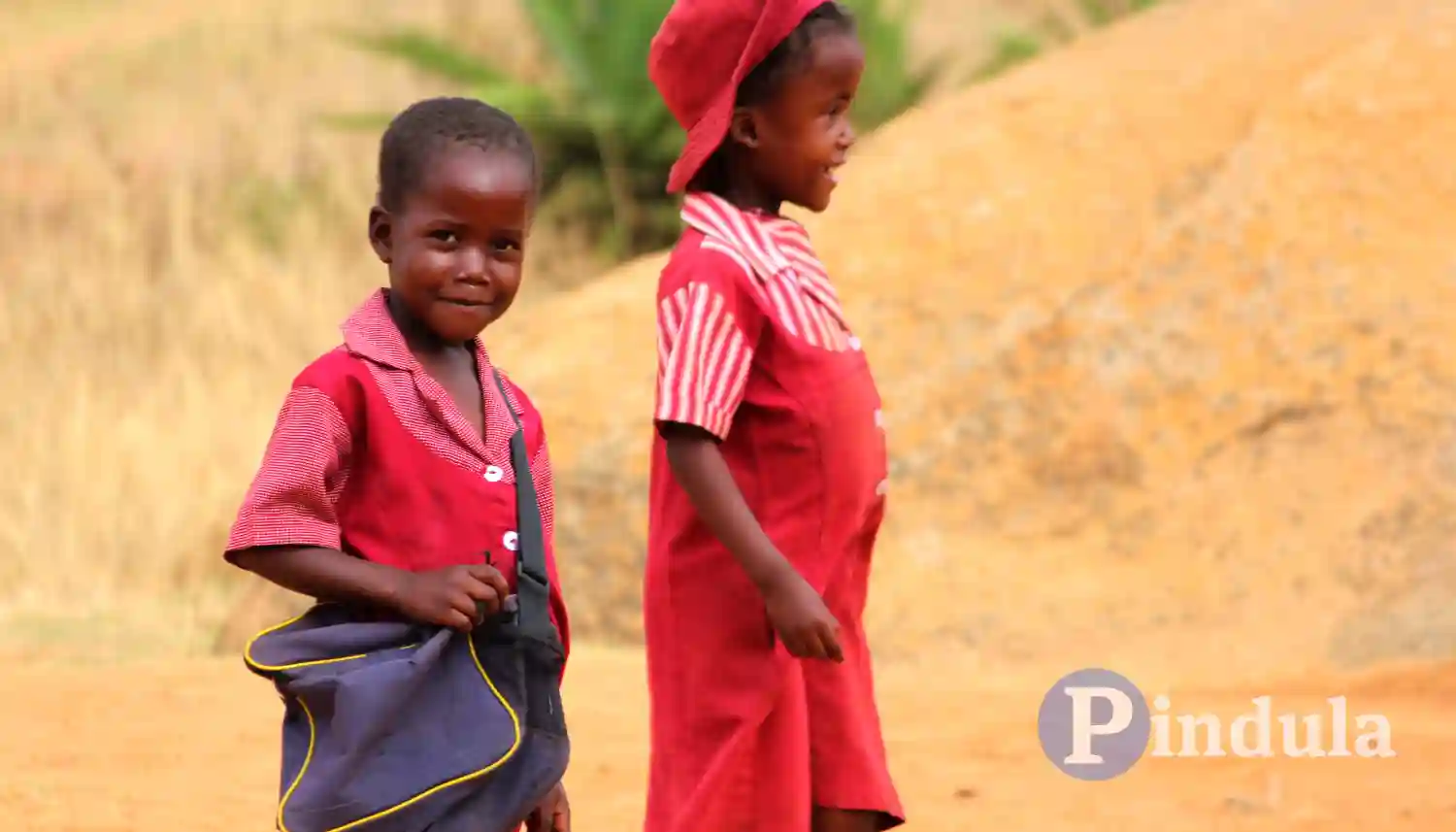The government has outlined the road map towards the implementation of the Heritage-Based Education Curriculum which includes the printing and distribution of the curriculum documents by 30 June this year.
The Cabinet adopted the Heritage Based Education Curriculum in February for primary and secondary education, and its implementation started when schools opened for the second term.
The Cabinet Committee chairperson on Human Capital Development, Skills Application and Employment Creation Amon Murwira presented the Heritage Based Curriculum implementation plan before Cabinet leading to its adoption on Tuesday.
Speaking during the post-Cabinet media briefing, Information, Publicity and Broadcasting Services Minister, Jenfan Muswere, outlined the road map towards the implementation of the curriculum. He said (via Chronicle):
Regarding the implementation of the curriculum or programme infrastructure, the Cabinet wishes to highlight that the implementation plan for the Heritage-Based Education 2024-2030 Curriculum Framework provides guidance in the delivery of a coherent and inclusive quality primary and secondary education.
This includes the printing and distribution of the curriculum documents by 30 June 2024; unpacking of the Heritage-Based Curriculum Framework, which is ongoing up to 31 May 2025; and the review of learning area syllabi that is, rationalisation of content in learning areas commencing on the 1st October 2024; and the review of the assessment tools by 30 October 2024.
Muswere revealed that Continuous Assessment Learning Activities (CALA) will now be school-based and should be done at school unlike in the past when learners did the tasks at home where parents and guardians would end up doing the CALAs for them.
He said exclusive summative evaluations will only be done at Grade Seven and Form Four levels.
Muswere said for pupils in Advanced Level, 80 per cent will be summative examinations while 20 per cent will be continuous assessments for grading and certification purposes. He added:
The assessment of non-formal learners shall follow that of the mainstream regimen with the continuous assessment marks having a shelf life of three years.
Muswere said the Government is conducting an ongoing teacher capacity development so that they will be able to deliver heritage-based education. He said:
The Ministry will roll out the unpacking of the curriculum and syllabi to teachers through workshops, circulars and various media for the rationalised learning areas as well as the implementation modalities by 31st December 2024.
Provision of adequate and appropriate infrastructure will continue, including classrooms; workshops; laboratories; internet connectivity; technical equipment; and teachers’ houses, in order to achieve the intended goals by 2030.
Muswere said the implementation of the new curriculum shall constantly be monitored, evaluated and refined to ensure it achieves the intended goals. He said:
This shall include establishing a participatory structure for continuous Heritage-Based education refinements, such as the establishment of learning area associations and panels at school, district, provincial and national levels by 31st July 2025.
Particular focus will be on checking for compliance in the implementation of the curriculum through monitoring and evaluation that promotes strengthening school-based continuous assessment and documentation of best practices, which is currently ongoing to 31st December 2030.
More: Pindula News

